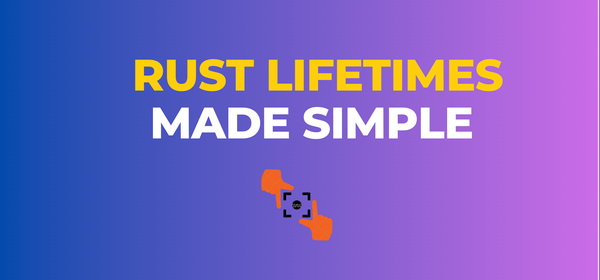A Deep Dive into Ethereum Rollups: Scaling the Decentralized Future
Ethereum rollups have emerged as a promising solution to the blockchain scalability conundrum.

Ethereum rollups have emerged as a promising solution to the blockchain scalability conundrum.
Rollups offer a way to mitigate these problems while maintaining the network's security and decentralization.
In this article, we will explore the concept of Ethereum rollups, their different types, and how they help scale the Ethereum network.
Understanding Ethereum Rollups
Ethereum rollups are second-layer solutions that bundle or "roll up" multiple transactions into a single proof, which is then submitted to the Ethereum main chain.
This approach allows for a significant reduction in gas fees and an increase in transaction throughput by offloading computation and storage from the main chain. Rollups retain the security guarantees of Ethereum by using smart contracts to enforce rules and validate data.
Types of Ethereum Rollups
Two main types of rollups are distinguished by their underlying cryptographic proof systems: ZK-Rollups and Optimistic Rollups.
- ZK-Rollups
ZK-Rollups (Zero-Knowledge Rollups) use zero-knowledge proofs to validate the correctness of a batch of transactions. Zero-knowledge proofs allow one party to prove to another that a statement is true without revealing any information other than the statement's validity.
In ZK-Rollups, a prover generates proof for a batch of transactions that the verifier can check quickly. This process ensures that only valid transactions are included in the rollup, and the main chain does not have to spend resources on validation. ZK-Rollups offer fast transaction finality, high throughput, and low gas fees. However, their main drawback is the complex cryptography involved, making implementation more challenging.
- Optimistic Rollups
Optimistic Rollups employ a different approach to scaling. Instead of using zero-knowledge proofs, they use fraud proofs. Optimistic Rollups assume that transactions in a rollup are valid by default. However, they provide a window for users to challenge invalid transactions by submitting fraud-proof. The invalid transaction is rejected if the fraud-proof is verified, and the user who submitted the proof is rewarded.
Optimistic Rollups offer increased throughput and reduced gas fees but have a longer finality due to the challenge period. This trade-off makes them suitable for specific use cases where instant finality is not crucial.
How Ethereum Rollups Aid Scalability
Ethereum rollups address the scalability problem in several ways:
- Increased Throughput
By bundling multiple transactions into a single proof, rollups allow more transactions to be processed per block. This process increases the overall transaction throughput of the network, alleviating congestion and reducing wait times.
- Reduced Gas Fees
Since rollups offload computation and storage from the main chain, gas fees are significantly reduced. Users pay less for transactions, making it more affordable to interact with dApps and DeFi protocols.
- Enhanced Security
Rollups inherit the security properties of the Ethereum main chain. As long as the underlying smart contracts are secure, rollups can ensure the validity and integrity of transactions.
- Interoperability
Rollups can be designed to work with various Layer 1 blockchains, enhancing interoperability between different ecosystems and enabling seamless cross-chain transactions.
Conclusion
Ethereum rollups are an essential innovation in the quest for scalable blockchain solutions. By providing increased throughput, reduced gas fees, and enhanced security, rollups enable a more user-friendly and accessible decentralized landscape.
Follow me on Medium, LinkedIn, and Twitter.
All the best,
Luis Soares
CTO | Head of Engineering | Cyber Security | Blockchain Engineer | NFT | Web3 | DeFi | Fintech SME
#blockchain #rollup #solidity #assembly #smartcontracts #ethereum #nft #ethereumevm #solidity #web3 #cryptography #softwareengineering #softwaredevelopment #coding #software



